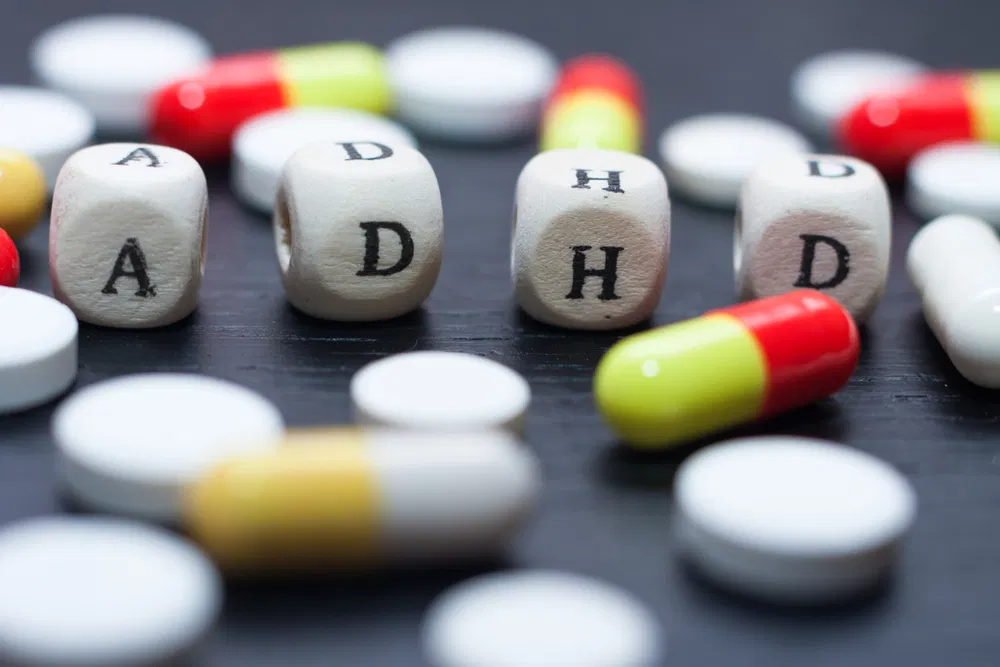How ADHD Can Affect Your Relationships and How to Improve Them

Attention Deficit Hyperactivity Disorder (ADHD) doesn’t just affect focus and energy levels; it can also impact relationships. Whether it’s a romantic partner, family member, or close friend, ADHD can bring unique challenges. The good news? Understanding these challenges can help improve communication and strengthen connections.
How ADHD Affects Relationships
1. Communication Struggles
ADHD can make it difficult to stay engaged in conversations. People with ADHD may interrupt, lose focus, or forget important details. This can frustrate partners and create misunderstandings.
2. Forgetfulness and Disorganization
ADHD can cause forgetfulness, leading to missed dates, uncompleted tasks, and misplaced items. A partner or friend may feel unimportant if they frequently have to remind the person with ADHD about commitments.
3. Emotional Sensitivity
Many people with ADHD experience intense emotions. A minor disagreement can feel overwhelming, leading to outbursts or withdrawal. This can create tension in relationships.
4. Impulsivity and Risk-Taking
ADHD can lead to impulsive decisions, such as saying something hurtful without thinking or making last-minute changes to plans. These actions can sometimes seem inconsiderate or irresponsible.
5. Struggles with Time Management
Being late or losing track of time is common for those with ADHD. If a partner or friend constantly feels like they are waiting or being ignored, frustration can build up.
Ways to Improve Relationships Affected by ADHD
1. Improve Communication
-
Be open about ADHD and its effects.
-
Practice active listening by repeating back what you heard.
-
Set reminders for important conversations.
2. Use Organizational Tools
-
Write down important dates and tasks.
-
Use phone reminders or sticky notes.
-
Create a shared calendar for mutual commitments.
3. Manage Emotional Reactions
-
Take deep breaths before responding during conflicts.
-
Practice mindfulness to help regulate emotions.
-
Seek therapy or coaching if emotions feel overwhelming.
4. Address Impulsivity
-
Pause before speaking or making decisions.
-
Use strategies like counting to five before responding.
-
Discuss major decisions with a trusted person first.
5. Work on Time Management
-
Set alarms and timers.
-
Use scheduling apps to plan daily activities.
-
Break large tasks into smaller, manageable steps.
Treatment Options That Can Help
Medication is often a helpful tool for managing ADHD symptoms. One popular option is Modafinil. Many people buy Modafinil online to improve focus and reduce impulsivity. However, it’s essential to consult a healthcare provider before starting any medication.
The Importance of Support
A strong support system makes a big difference. Encourage open conversations with loved ones about ADHD. Support groups, therapy, and coaching can also help improve relationship dynamics.
Final Thoughts
ADHD can create challenges in relationships, but with understanding and the right strategies, it’s possible to build strong, healthy connections. By improving communication, managing symptoms, and seeking support, people with ADHD and their loved ones can enjoy meaningful relationships. If needed, consider professional guidance and explore treatment options, such as Modafinil, to help manage symptoms effectively.
Would you like more insights on ADHD and its treatment? Stay informed and take control of your relationships today!
- Art
- Causes
- Crafts
- Dance
- Drinks
- Film
- Fitness
- Food
- Spellen
- Gardening
- Health
- Home
- Literature
- Music
- Networking
- Other
- Party
- Religion
- Shopping
- Sports
- Theater
- Wellness


